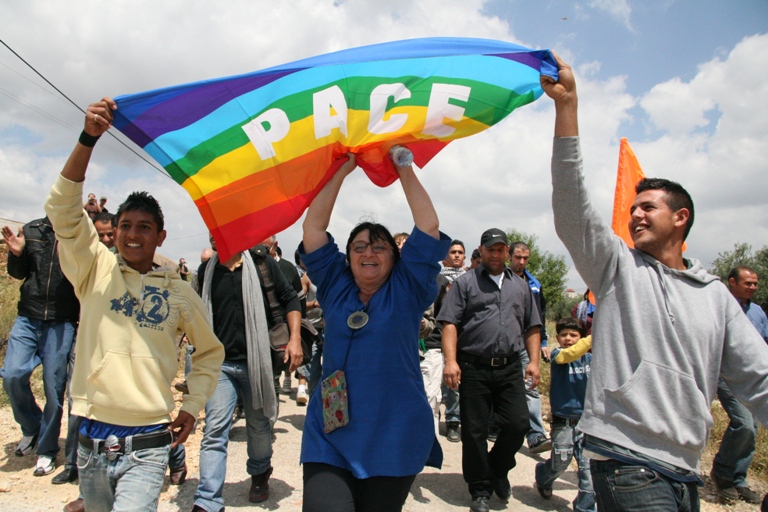Tag: BDS
-
Launch of new BDSmovement.net website as part of Global BDS Day of Action
31 March 2011 | Palestinian BDS National Committee (BNC) In celebration of the Global BDS Day of Action, the Palestinian BDS National Committee (BNC) has launched a new www.BDSmovement.net website. Designed specifically with the grassroots, bottom-up nature of our rapidly growing movement in mind, the website will showcase user-submitted articles and videos from BDS groups…
-
Bill to punish anti-Israel boycotters passes first Knesset hurdle
09 March 2011 | Haaretz According to proposal, Israelis would face harsh punitive measures for such actions; controversial bill also calls for imposing sanctions on foreign nationals and groups and on states that give boycotts force of law. The Knesset plenum on Monday approved in its first reading a “boycott law,” which would levy harsh…
-
April 20-23: The 6th Annual Bil’in Conference on the Palestinian Popular Struggle
As nonviolent resistance for freedom sweeps across the Arab world, join us in harnessing the winds of change at the 6th annual Bil’in Conference. What: 6th Annual Bil’in Conference on the Palestinian Popular Struggle When: 20-23 April 2011 Where: The Village of Bil’in, Occupied West Bank From Gaza to Bil’in, popular resistance to the occupation…

